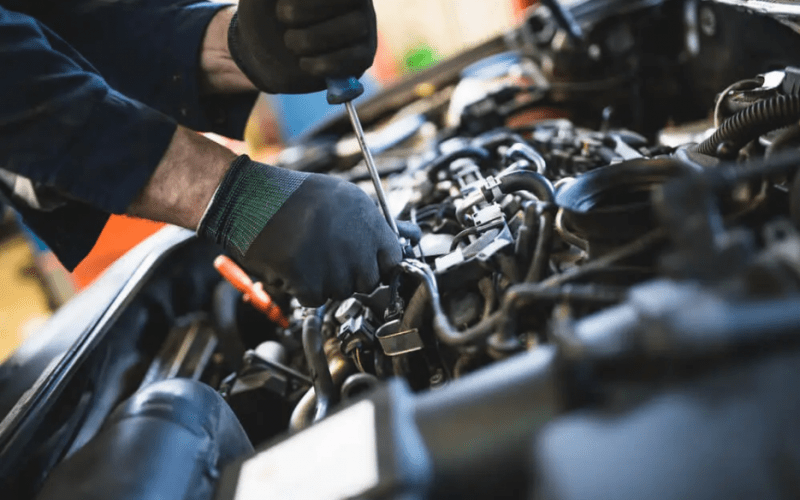
Your car battery is a significant part of your vehicle’s electrical system. It provides the power needed to start the car and run the electrical accessories, such as headlights, radio, heated seats and windshield wipers. It also supplies power to operate the onboard computer system and clock. If the battery dies, you may have trouble starting your car or turning on your lights. As with any other automotive component, batteries are subject to wear and tear from use and age.
The following are some things to know about your car battery:
- Battery life is affected by the number of times you drive your vehicle each year, how long it sits unused and how you treat it while it’s in use. Driving short distances is less demanding on battery life than driving long distances or letting it sit in a dead state for weeks at a time.
- The average lifespan of a car battery is four years or 36-40 months. This is when it should be replaced with a new one of equal quality and capacity.
Does a car battery affect its charging system?
When your car’s battery is weak, you should consult a car service provider to ensure it’s in the best state. The different parts of your car may fail because they are drawing too much voltage to compensate for the lack of battery power. If you don’t address such an issue on an urgent basis, you may end up with some serious trouble.
Crucial things to know about a car battery
Your car battery, sometimes called the starter battery, provides the power for starting your engine. It is also what powers your lights, radio and other accessories while the engine is off. Although car batteries are generally reliable, they can fail on occasion. Here are 4 things you should know about car batteries:
- A car battery runs on electricity produced by a chemical reaction inside the battery cell. This reaction requires two things: a positive terminal and a negative terminal. The positive terminal on your battery is usually larger than the negative one.
- The chemical reaction that provides power to your vehicle’s electrical system occurs when you jump-start your battery with another car or when you connect it to a charger that uses electricity from the grid outside of your vehicle to charge your battery’s cells. This process involves removing the terminals and placing them in opposite positions within the charging device so that electricity can flow into the dead battery cells.
- When properly maintained, a car battery can last up to five years or more before it needs replacement; however, most batteries will last between three and four years without needing replacement.
- The main cause of car battery failure is corrosion on or around its terminals, inhibiting its ability to produce enough electricity for starting and powering appropriate accessories.
Conclusion
The battery’s main function in a vehicle is to supply electrical current to start the engine and provide power for various car accessories when the engine is not running.
Choosing the right battery is a matter of understanding how it works and the different factors. At its most basic, a battery powers your car’s engine. No battery, no go.





